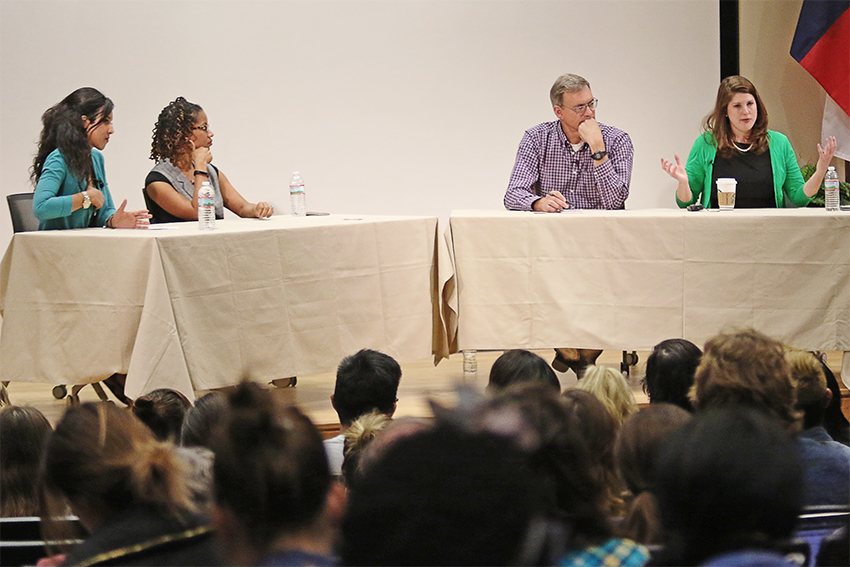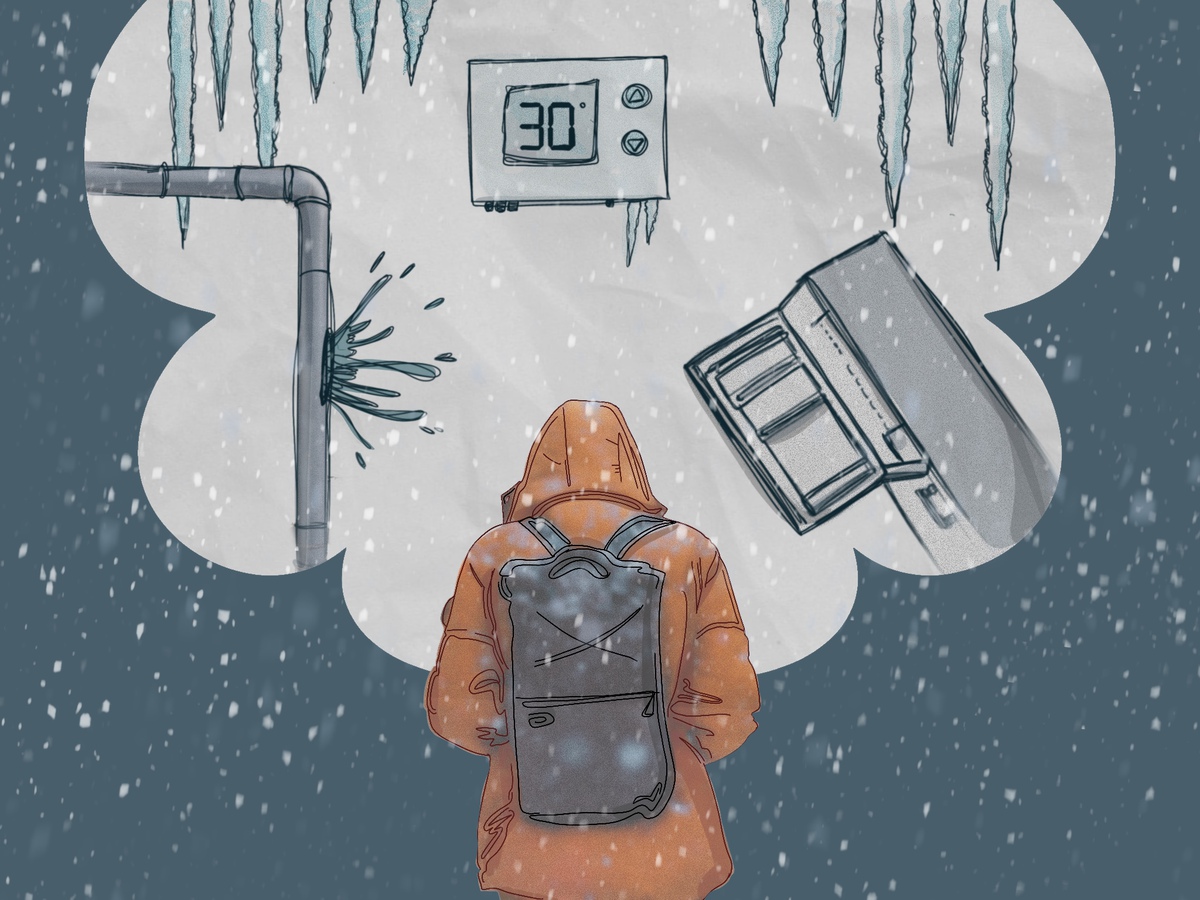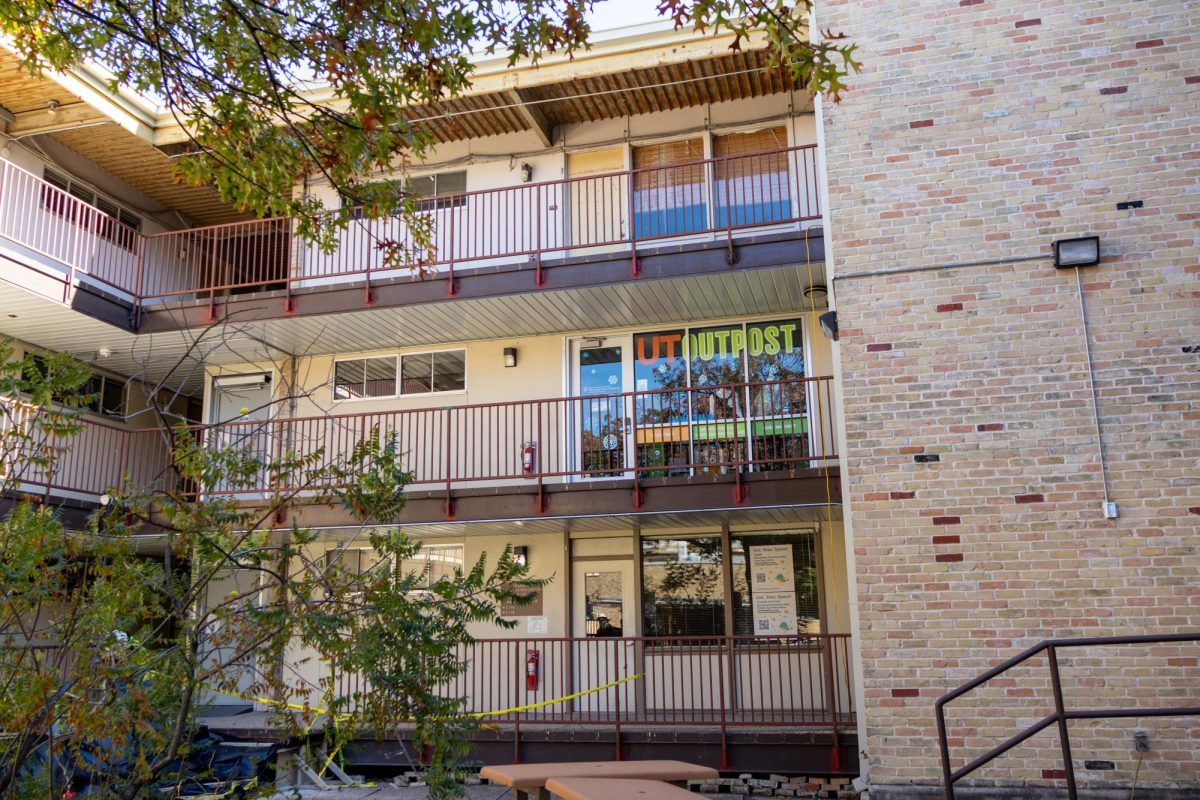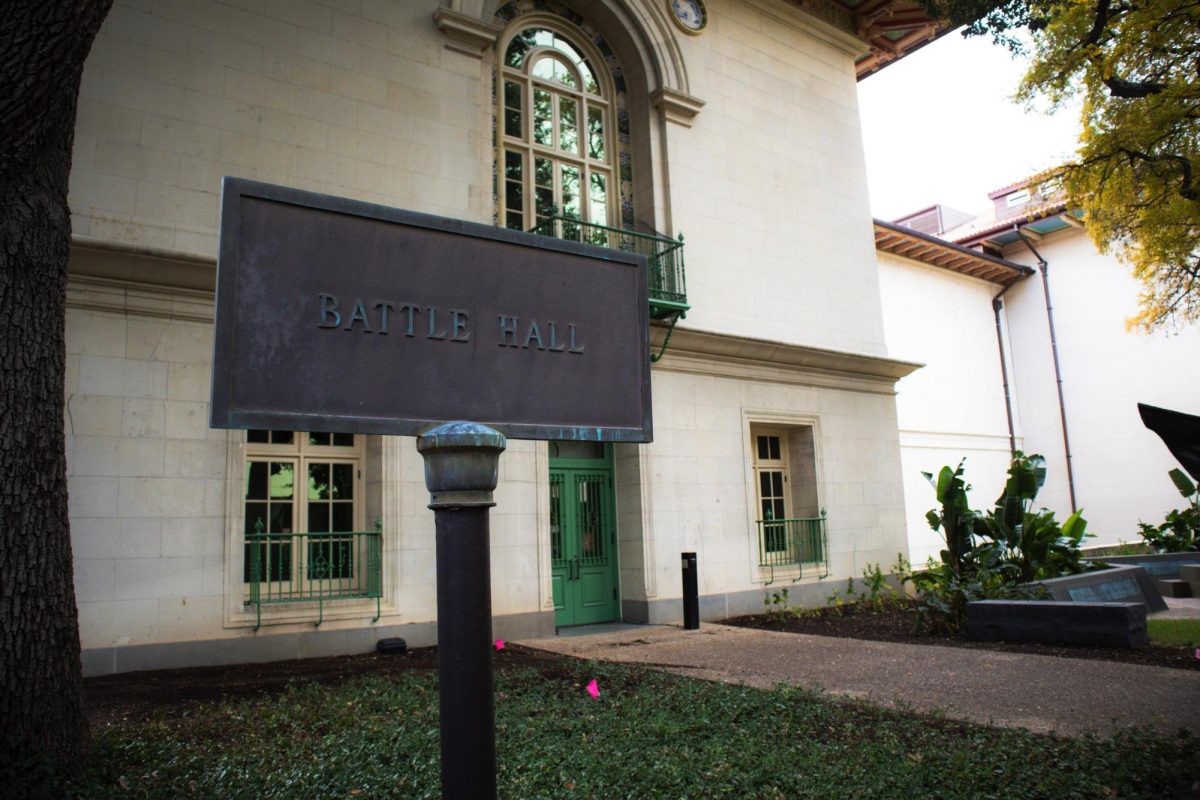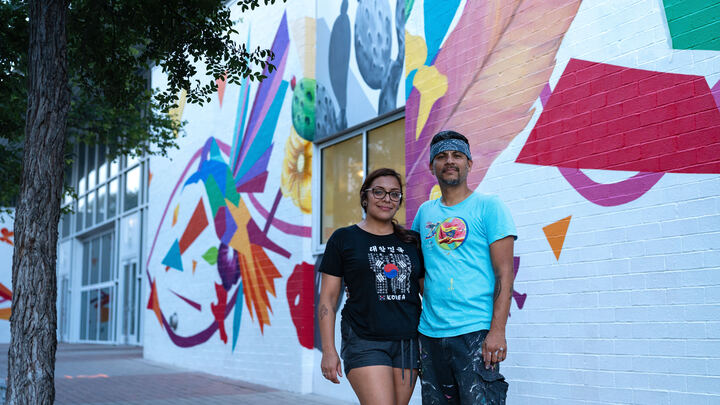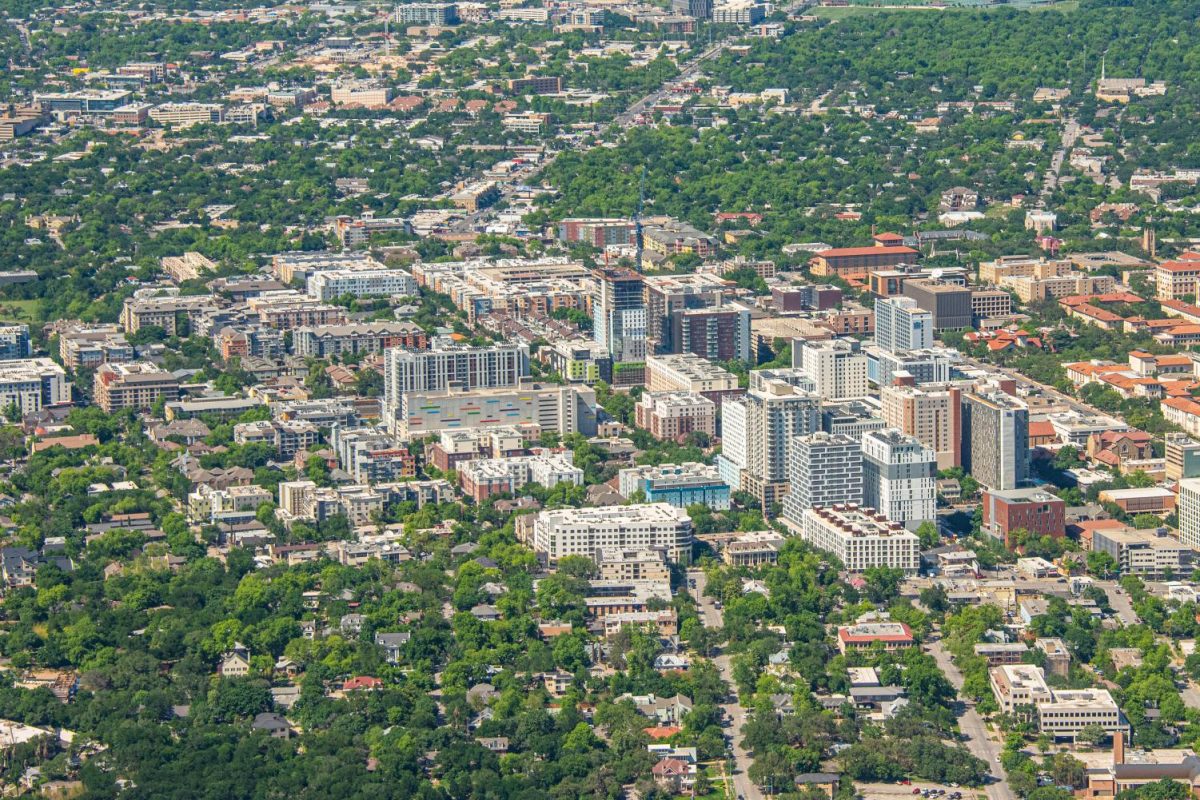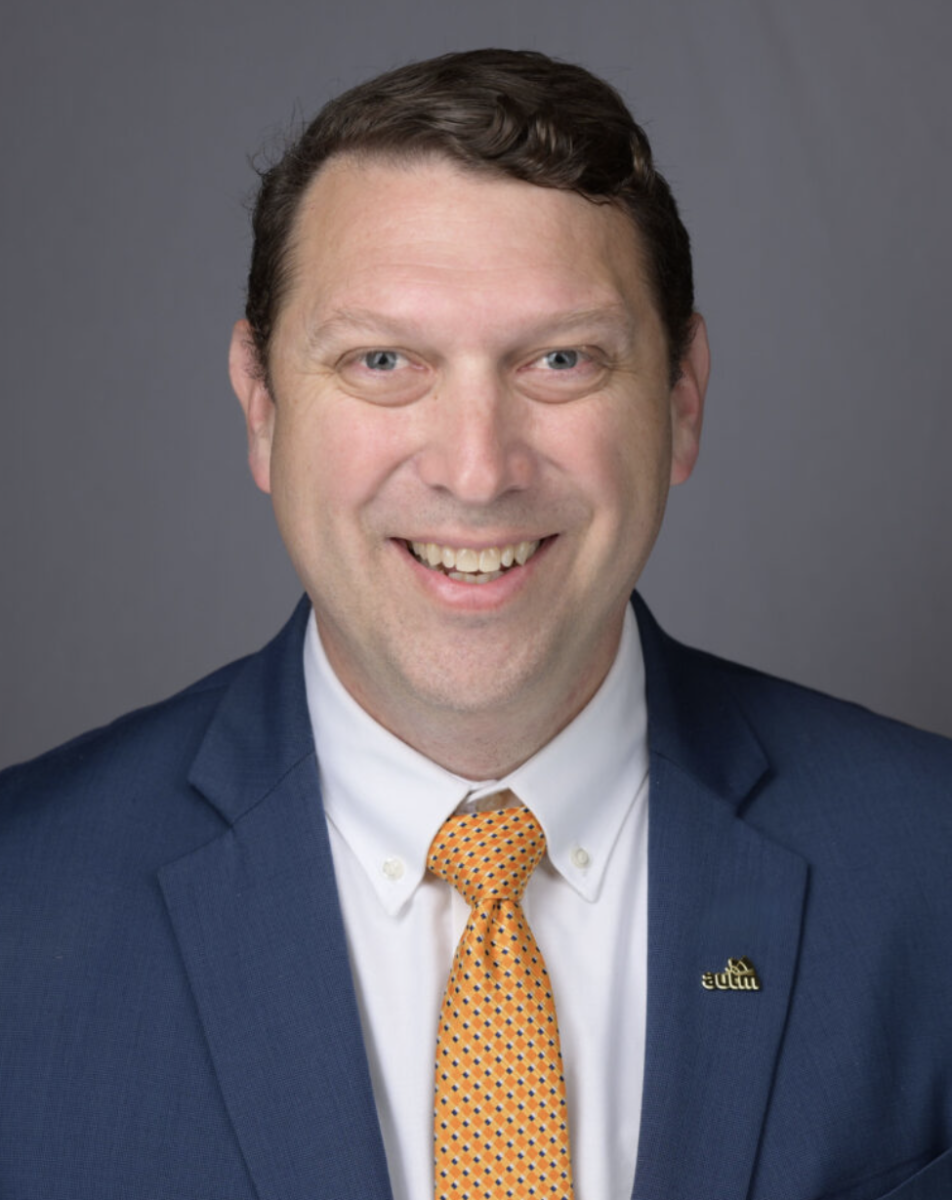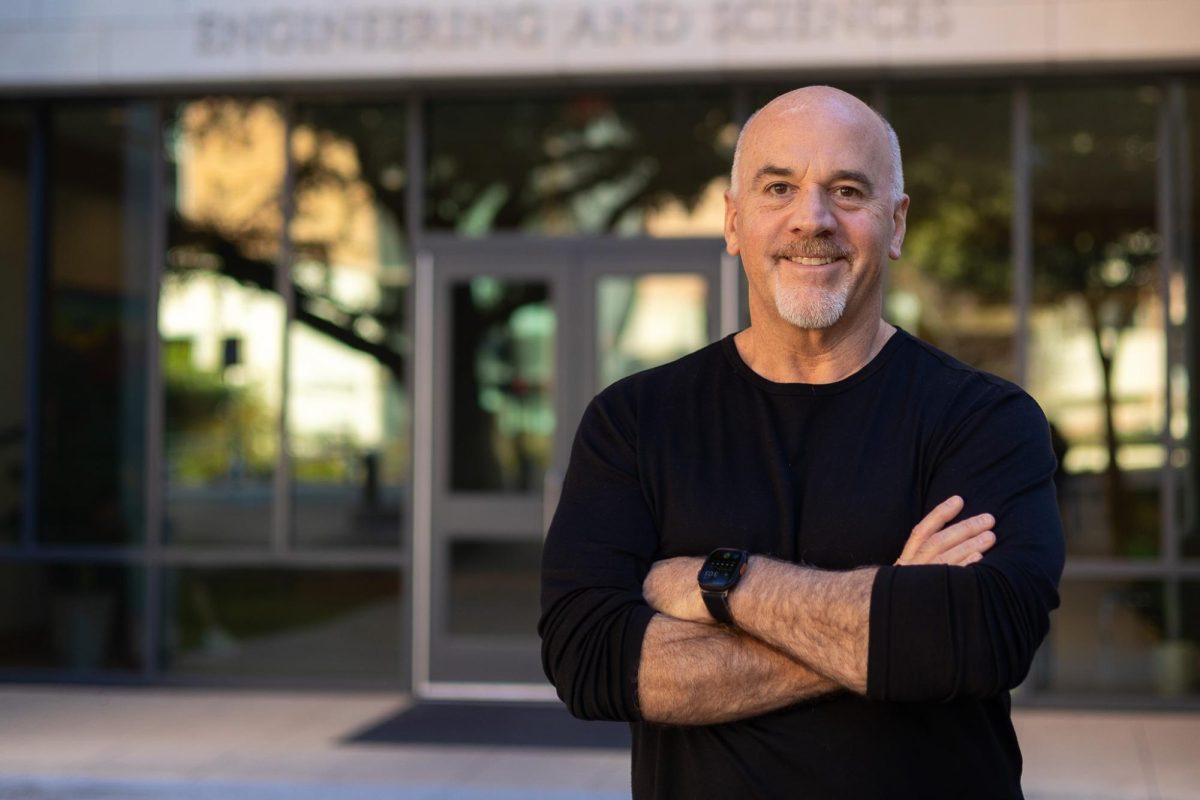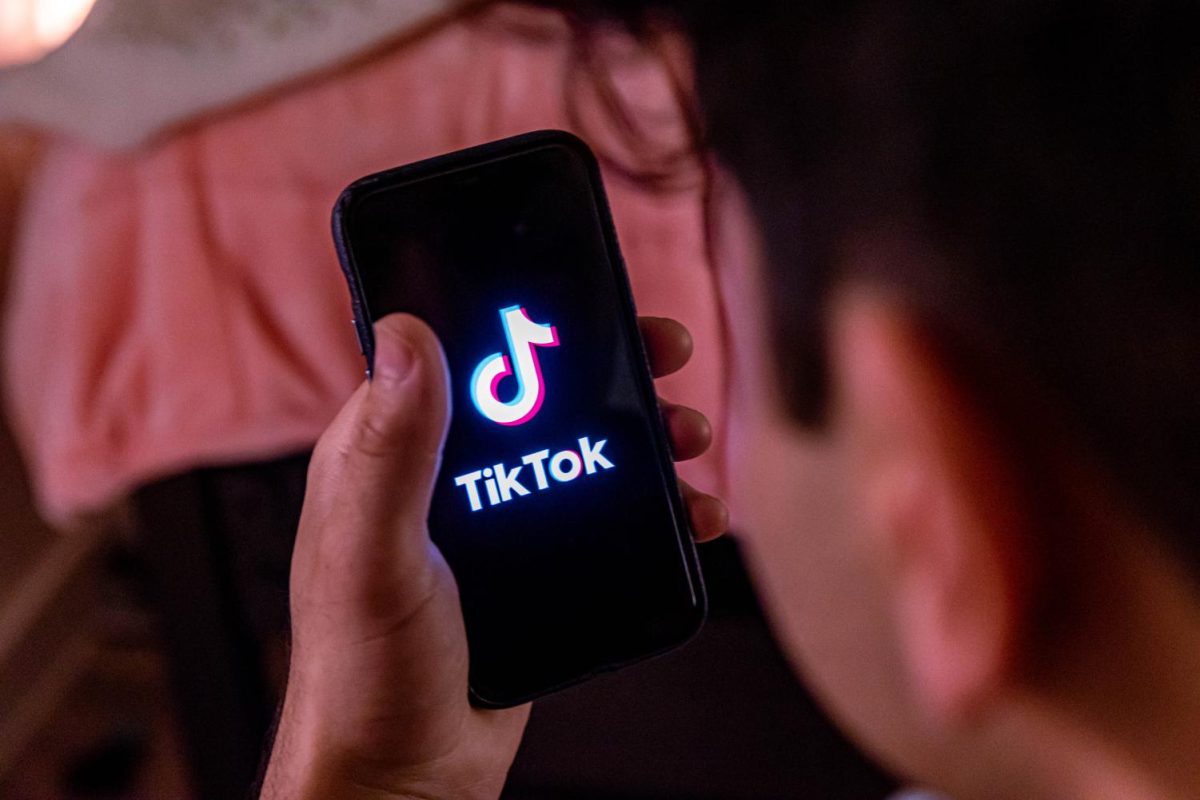The term “fake news” has loomed over mainstream media since the start of President Donald Trump’s 2016 campaign.
On Thursday, UT student journalists brought together professional journalists John Burnett, Abby Livingston and Krissah Thompson to discuss the importance of accurate media coverage during the Trump Era.
“Donald Trump is the biggest story in the world right now,” Burnett, Daily Texan alumnus and National Public Radio correspondent, said. “This is why you want to be a journalist is to cover a story like this. You draw on everything you can at the time, and you do your job as best you can. It’s challenging, but I also think it’s really satisfying to cover a story like this.”
It has never been more important for a journalist to stand up, go to work and get the facts out than during Trump’s presidency, Burnett said.
Livingston, reporter and Washington bureau chief for the Texas Tribune, said Trump has significant control over Texas, which has the single most powerful congressional delegation at the Capitol.
“The fear among Republicans on Capitol Hill to oppose (Trump) on anything is very palpable because he has that Twitter feed,” Livingston said. “In 30 seconds, he could send out a tweet about an individual member of Congress and destroy them in a primary.”
Thompson, a reporter for The Washington Post, said there is a demonization of the press that coexists with an understanding that journalists will continue to do their jobs.
“We’re going to be there,” Thompson said. “We’re going to write stories. We’re not going to shut up. That’s all to say that it’s more complicated than it seems, and we all understand we have to have tough skin.”
All three panelists agreed young journalists shouldn’t be afraid to cover stories and should accept the personal repercussions of being a journalist.
“People are going to get ugly, get in your face and make you cry,” Burnett said. “That’s because you’re doing your job.”
Nicole Cobler, journalism senior and president of UT’s Society of Professional Journalist chapter, helped organize the event and said the student journalists wanted to push their fellow peers to consider the importance of ethical reporting using reliable sources.
“There sort of seems to be a growing distress (towards) the press from some readers,” Cobler said. “It’s an important time for journalists to think about how we can be fair and accurate in our coverage.”
Journalism professor Robert Quigley said he thinks the panel inspired students to feel confident as young reporters.
“To me, this is the time to be a journalism student,” Quigley said. “You can hear that coming from professionals who are out there doing this every day that they are emboldened and going to do their jobs and do it fairly and accurately.”
Undeclared freshman Isaiah Zaragoza said he thinks fake news is meant for the tabloids.
“I felt the most inspiring thing was what (Burnett) said about how this new administration is going to give more journalists work,” Zaragoza said. “I’m ready to do that work.”
The event took place at the Moody Auditorium and was sponsored by the Asian American Journalists Association, National Association of Black Journalists, the National Association of Hispanic Journalists and SPJ. It was free and open to the public.

